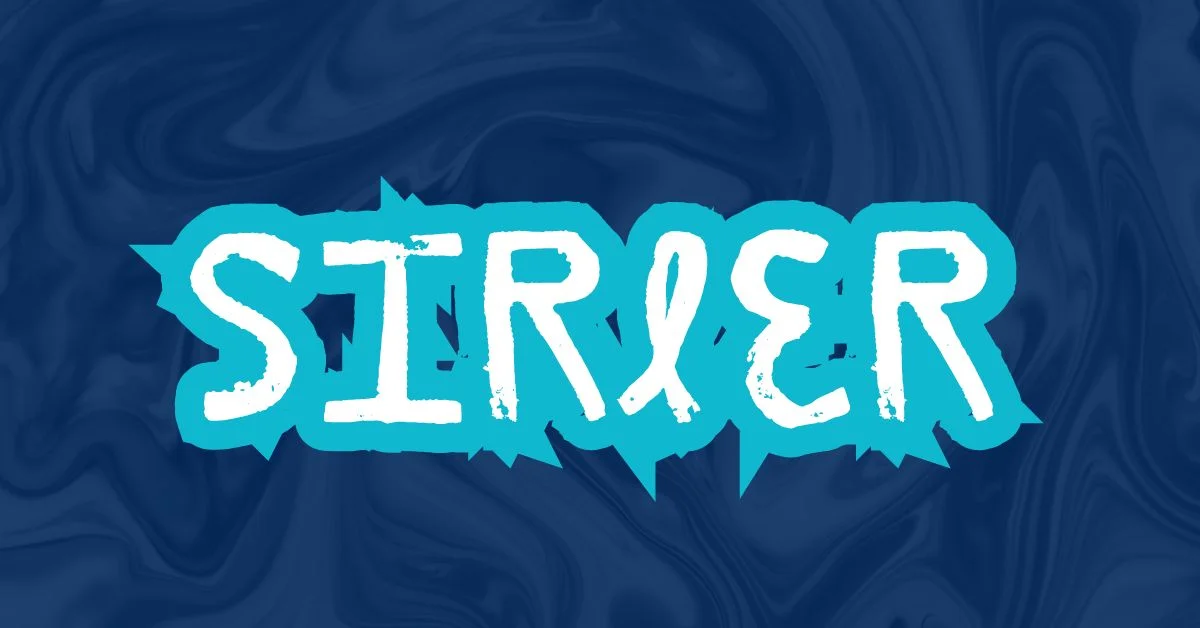The French language, with its elegance and precision, can sometimes throw curveballs at learners. One such word is “clochant,” which depending on the context, can take on several meanings. This article delves into the world of “clochant,” exploring its various forms, uses, and subtleties.
Unveiling the Parts of Speech
“Clochant” isn’t a single entity, but rather a multi-faceted word that can function as different parts of speech depending on its conjugation. Here’s a breakdown:
- Verb: “Clocher” is the infinitive form of the verb, meaning “to limp” or “to hobble.”
- Present Participle: It acts as the present participle of the verb, indicating an ongoing limping action.
- Adjective: In this form, It describes something as limping or uneven.
Understanding these different forms is crucial for interpreting “clochant” correctly in a sentence.
Conjugating the Verb “Clocher”
If you encounter “clocher” as a verb, it’s helpful to know its basic conjugations. Here’s a sample table for reference:
| Tense | Conjugation | English Equivalent |
|---|---|---|
| Present (I) | Je cloche | I limp |
| Present (You) | Tu cloches | You limp |
| Present (He/She) | Il/Elle cloche | He/She limps |
| Present (We) | Nous clochons | We limp |
| Present (You) | Vous clochez | You (plural) limp |
| Present (They) | Ils/Elles clochent | They limp |
By memorizing these basic conjugations, you’ll be able to identify when “clocher” is used as an action verb in a sentence.
Using “Clochant” as an Adjective
When “clochant” transforms into an adjective, it adds a descriptive layer, depicting something as uneven, unbalanced, or malfunctioning. Here are some examples:
- Une marche clochante (A limping walk): This describes a walk characterized by a limp.
- Un raisonnement clochant (Flawed reasoning): Here, It portrays reasoning that lacks logic or has inconsistencies.
- Une mélodie clochante (An off-key melody): This describes a melody that doesn’t sound quite right, with notes that seem out of place.
In these instances, It injects a sense of imperfection or irregularity into the described object or concept.
Beyond the Literal: Figurative Uses of “Clochant”
The French language thrives on figurative expressions, and it isn’t exempt. Here’s how it can be used metaphorically:
- Une situation clochante (A precarious situation): This metaphorically depicts a situation on the verge of collapse, similar to someone limping with difficulty.
- Une économie clochante (A struggling economy): Here, It paints a picture of an economy lacking stability or facing challenges.
By understanding these figurative uses, you’ll gain a deeper appreciation for the nuances of the French language.
Frequently Asked Questions (FAQs) about “Clochant”
Here are some common questions you might have about “clochant”:
-
Is “clochant” a formal or informal word? It can be used in both formal and informal contexts depending on the situation.
-
What are some synonyms for “clochant” as an adjective? Depending on the context, some synonyms include “boiteux” (limping), “disgracieux” (ungainly), or “bancal” (tilted).
-
How can I improve my understanding of “clochant”? Immerse yourself in French media like movies, books, or conversation. Pay attention to how native speakers use “clochant” and its various forms.
Conclusion
“Clochant” is a versatile word that adds depth and expression to the French language. By understanding its different forms and uses, you’ll unlock a new layer of comprehension when encountering it in your French studies or everyday encounters. So, the next time you come across it, remember its versatility and use this newfound knowledge to navigate the beautiful complexities of French!



